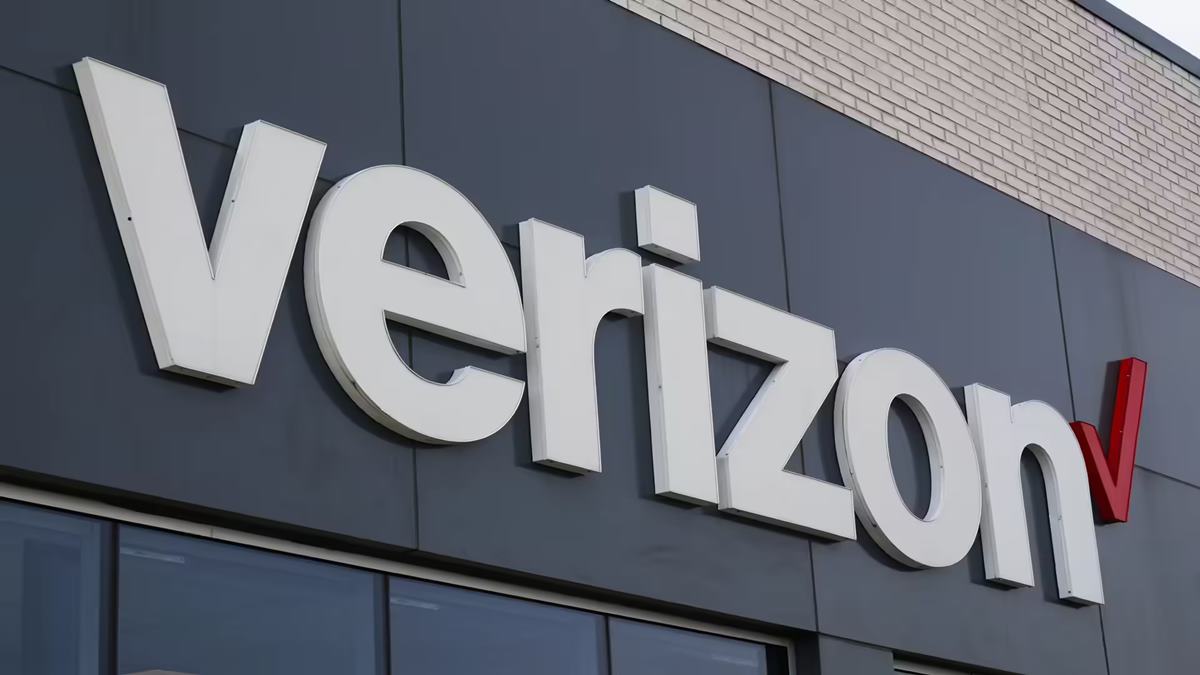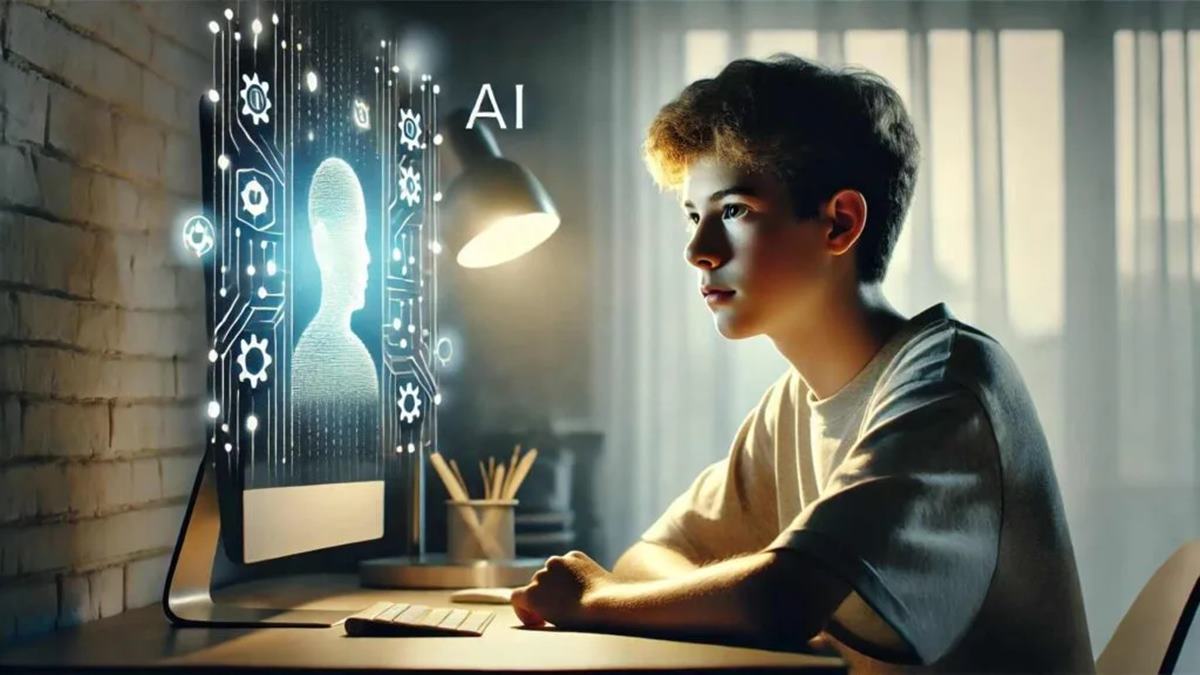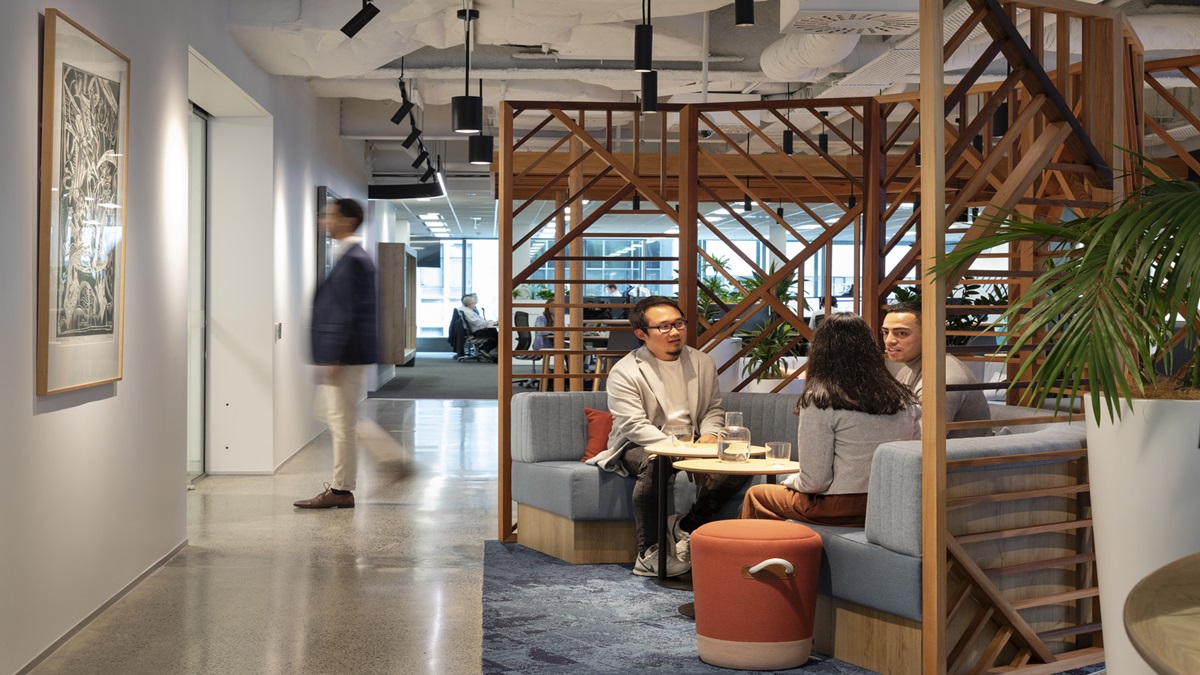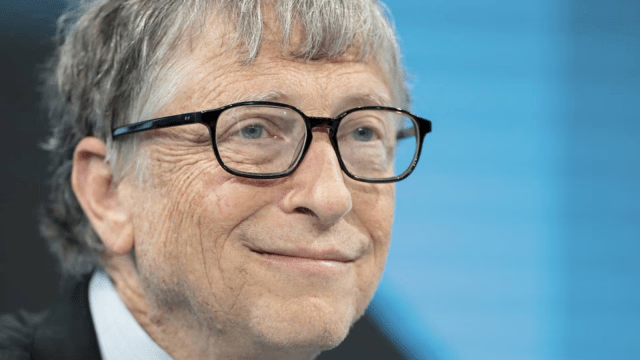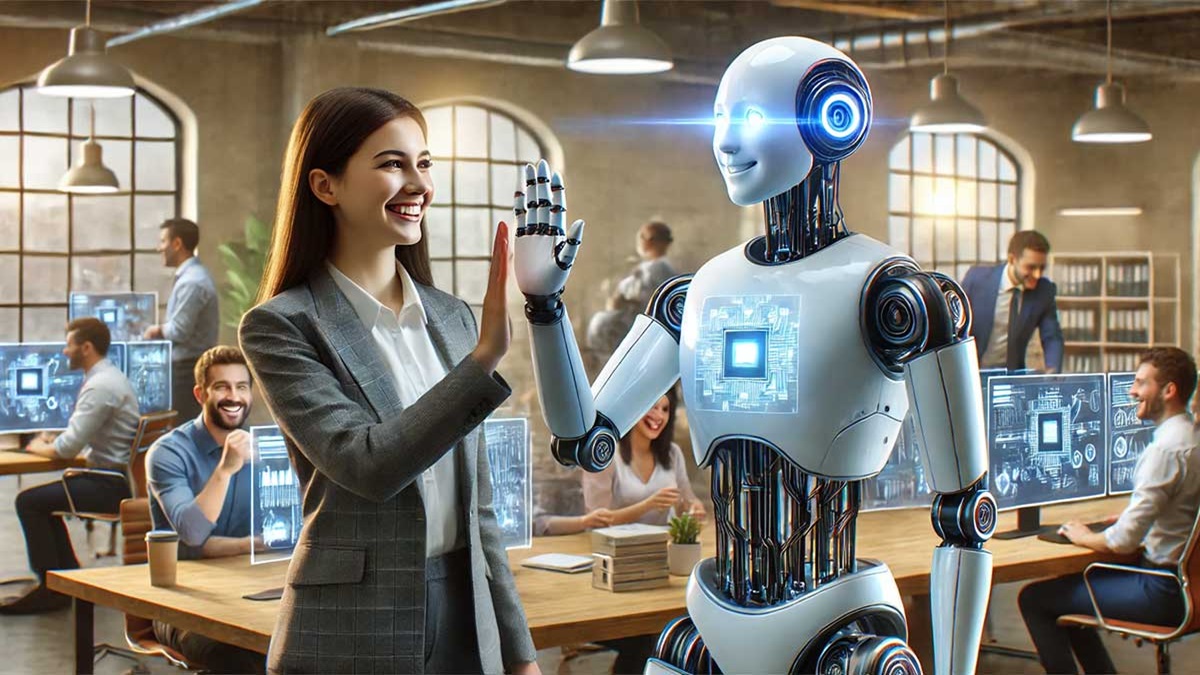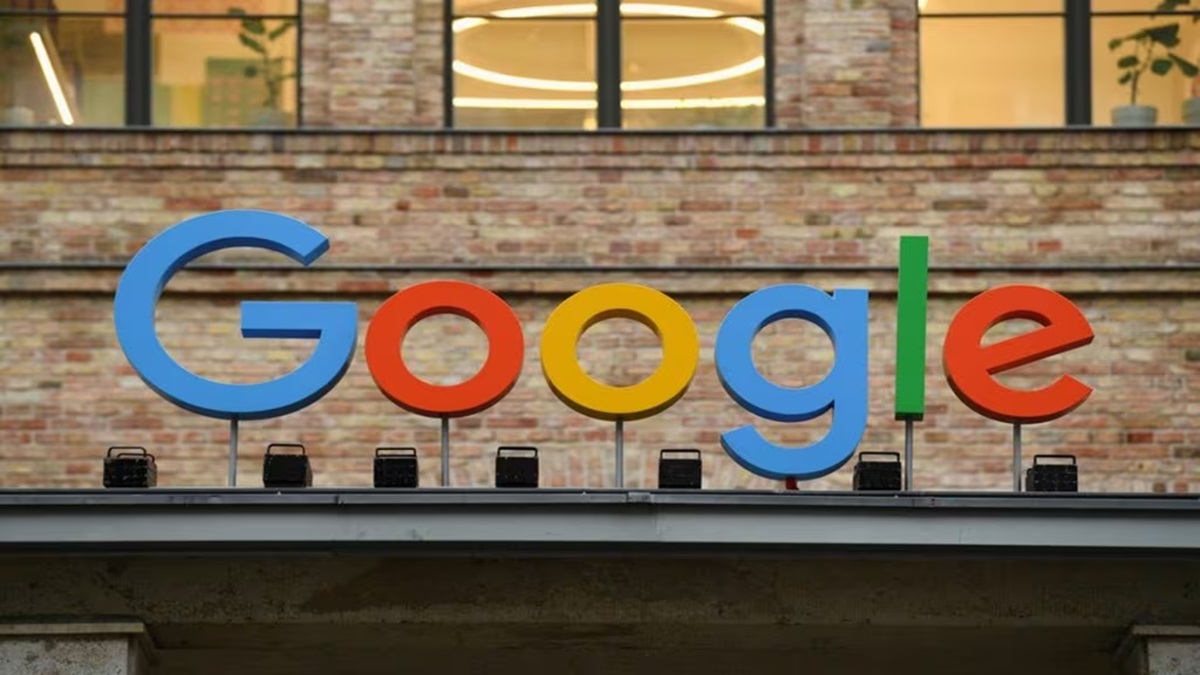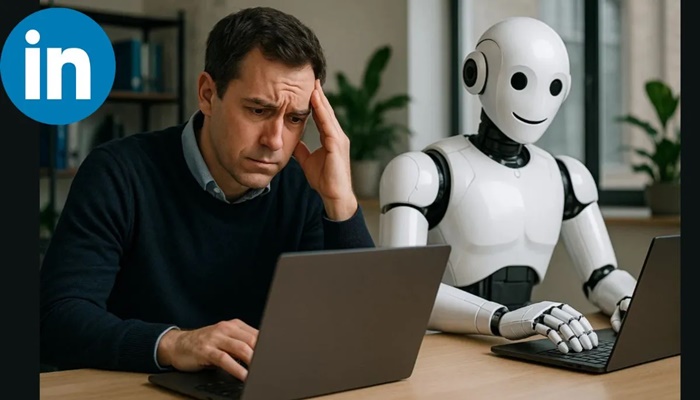LinkedIn CEO Ryan Roslansky has opened up about the transformative role of artificial intelligence in the job market, admitting that AI is both a powerful enabler and a disruptive force. In a candid conversation with Bloomberg, he shared that AI is already reshaping how people apply for jobs, build skills, and even how top executives communicate.
AI will reshape the workforce, but it won’t be easy
Roslansky warned that AI will bring massive shifts in the job market. While it opens doors for entrepreneurship and remote learning, it will also lead to job uncertainty and disruption.
“There’s going to be a ton of disruption and uncertainty. But in the long term, it’s a good thing,” he said.
AI is expected to make small business creation easier, enable self-taught skills, and democratize opportunities that once required elite education. However, adapting to the new landscape will require continuous reskilling and adaptability.
“I use AI to sound satya-smart”
In a surprising moment, Roslansky revealed that he uses Microsoft Copilot, an AI writing assistant, to refine his emails, especially when emailing Microsoft CEO Satya Nadella.
“Before I send him an email, I hit the Copilot button to make sure I sound Satya-smart,” he joked.
Copilot draws from past email history and context to suggest more polished, professional messaging—an example of how AI is assisting even the C-suite.
LinkedIn users are cautiously embracing AI
LinkedIn data shows a sharp rise in job listings requiring AI skills, and more users are adding AI-related skills to their profiles. The platform has rolled out AI features to help users improve their resumes and better understand job posts.
But users are cautious: overly robotic or AI-written posts often hurt credibility. LinkedIn is tackling fake AI-generated profiles by offering verification tools like work email and ID checks.
AI-first mindset, not AI-driven layoffs
Unlike other tech companies, Roslansky clarified that LinkedIn’s recent layoffs weren’t AI-related, but he emphasised an “AI-first approach” across teams going forward.
He concluded that the AI transition is like any historical shift—messy at first, but ultimately transformative.
